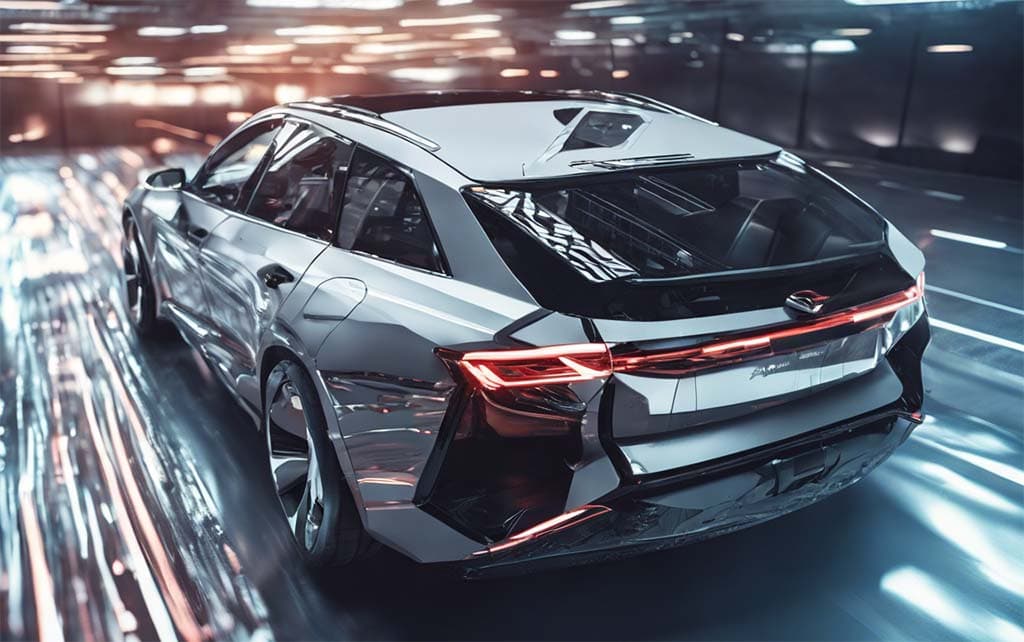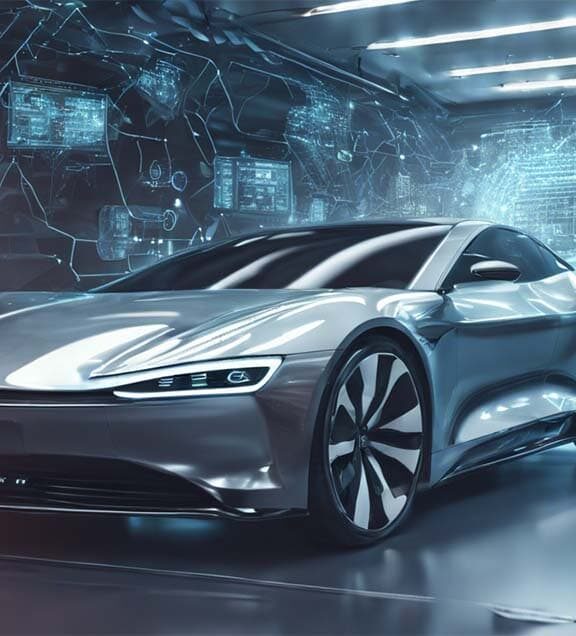The integration of digital technology into automotive design has transformed the humble automobile into a nexus of connectivity and innovation. Today’s vehicles are not merely machines for transportation; they are interconnected hubs equipped with a suite of digital functionalities ranging from autonomous navigation to intricate driver-assistance systems. This evolution, while driving unprecedented advances in convenience and efficiency, also marks a significant shift in the cybersecurity paradigm. The protection of these advanced vehicular systems against digital threats has emerged as a pivotal challenge for the industry.
The Advent of Connected Vehicles
Connected vehicles represent a monumental leap in automotive technology, offering drivers enhanced experiences through seamless internet connectivity and smart features. These features include sophisticated navigation systems, remote diagnostics, and the capability for software updates directly over the air. This level of connectivity, while revolutionary, also opens up new avenues for cyber threats, turning vehicles into potential targets for hacking and unauthorized data breaches. The implications of such vulnerabilities are profound, extending from the compromise of personal information to threats against the physical safety of occupants.
Unpacking the Cybersecurity Challenges
The cybersecurity landscape for modern vehicles is complex and multifaceted. Today’s cars are equipped with a myriad of electronic control units (ECUs), sensors, and connectivity options that, while enriching the driving experience, also broaden the attack surface for potential cyber threats. Hackers can exploit vulnerabilities in software and communications systems to launch attacks ranging from data theft to taking control of vehicle functions. These threats not only pose risks to personal security and privacy but also raise significant safety concerns.
Strategies for Enhanced Cybersecurity
In response to these challenges, the automotive industry is taking decisive steps to fortify vehicle cybersecurity. This involves the adoption of comprehensive cybersecurity frameworks that encompass threat assessment, risk management, and the implementation of robust defense mechanisms. Automakers are leveraging advanced encryption technologies, secure communication protocols, and hardware security features to shield vehicles from cyber intrusions. Additionally, there is a growing emphasis on developing software with security in mind from the outset, ensuring that cybersecurity is an integral part of the vehicle design and development process. For additional insights into the principles and practices of cybersecurity across different sectors, resources like Wikipedia offer a wealth of information that can enhance one’s understanding of the challenges and solutions in this critical field.
The Role of Regulations and Standards

The critical importance of cybersecurity in the automotive sector has not gone unnoticed by regulatory bodies. There is a concerted effort to establish international standards and regulations that mandate rigorous cybersecurity practices across the industry. These regulatory frameworks are designed to ensure that vehicles are not only secure by design but also maintained to withstand emerging cyber threats over their lifespan. The collaboration between automakers, cybersecurity experts, and regulatory agencies is crucial in creating a unified approach to vehicle cybersecurity.
Looking Forward: Cybersecurity in the Automotive Future
As the automotive industry continues to evolve, with advancements in autonomous driving and the Internet of Things (IoT) integration, the importance of cybersecurity will only escalate. The future will likely see the development of even more sophisticated cybersecurity technologies, including artificial intelligence-based anomaly detection and blockchain for secure data sharing. Ensuring the cybersecurity of modern vehicles is imperative for safeguarding the future of transportation, making it a key priority for all stakeholders involved.
In an entirely different vein, for off-road enthusiasts looking to upgrade their vehicles, selecting the right equipment is paramount. A key accessory for any off-road vehicle is a reliable winch, providing essential recovery capability in challenging terrains. Discovering the best winch for your Jeep can make a significant difference in your off-road adventures, combining performance, durability, and safety into one critical component.
This comprehensive approach to vehicle cybersecurity underscores the automotive industry’s commitment to advancing technology safely and responsibly, ensuring that vehicles remain secure sanctuaries for drivers and passengers alike in our increasingly connected world.
Conclusion
The integration of digital technologies in modern vehicles has introduced significant cybersecurity risks. Addressing these threats requires a collaborative approach from automakers, cybersecurity experts, and regulators, involving robust security frameworks, defense mechanisms, and adherence to rigorous standards. By prioritizing cybersecurity from the design stage and fostering industry-wide collaboration, the automotive industry can ensure the safe realization of advanced vehicular technologies without compromising safety and security.





